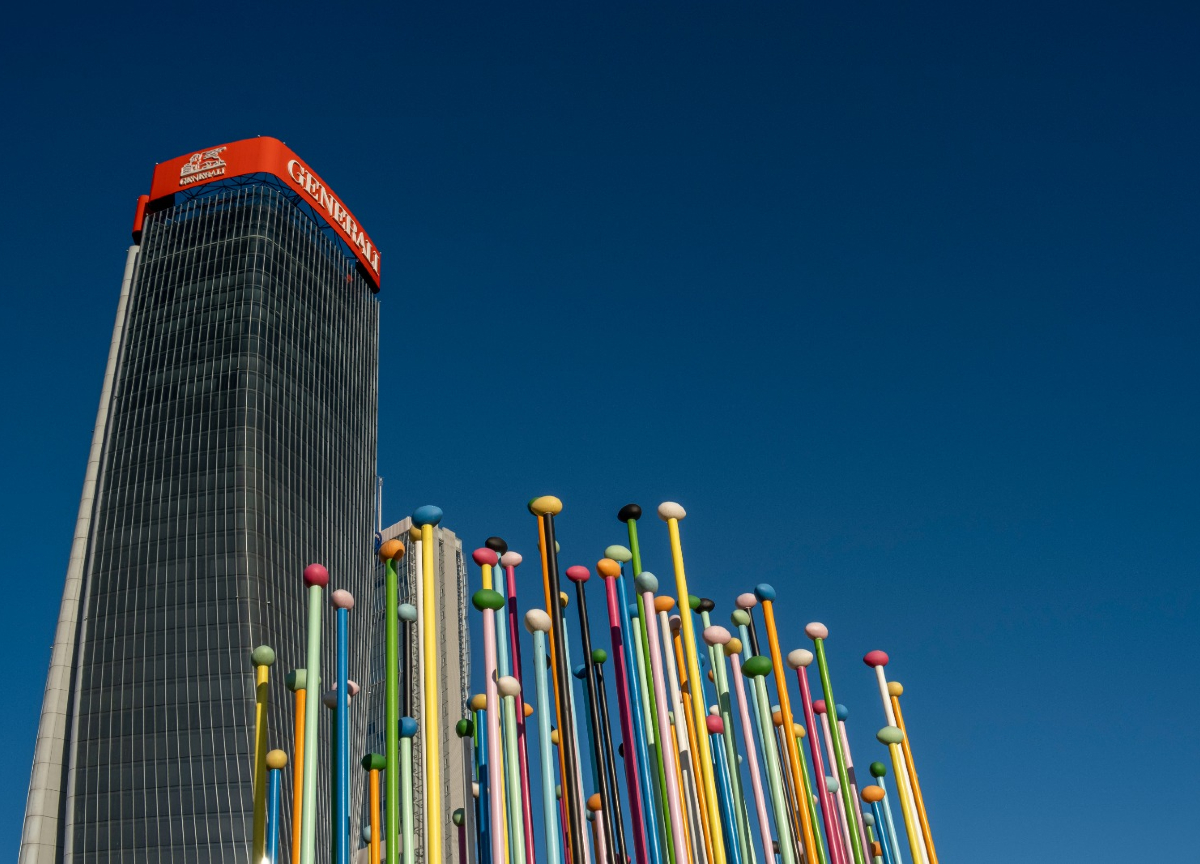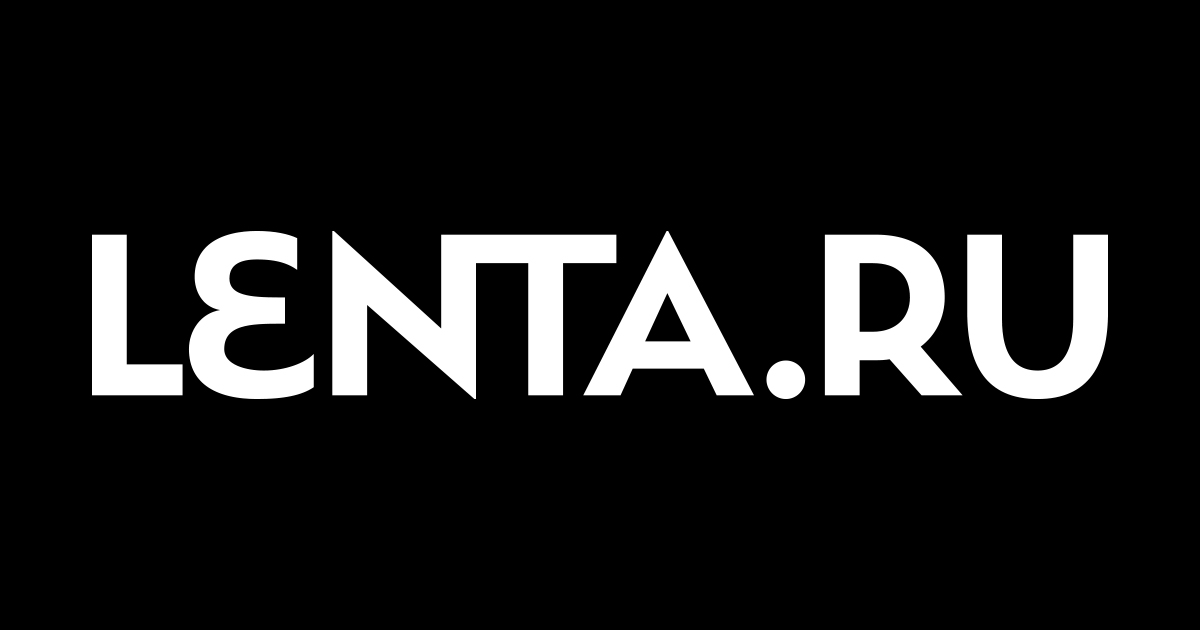In Ukraine there is a war going on. It is not only done with cannons, machine guns and missiles, but also the attention and support of the people is part of the war.
In information warfare, it is a matter of influencing people. It can win sympathies and gain support, make the opponent laugh, incite distrust, fear and other unpleasant feelings.
In Russia, this has been reflected, for example, in the attempt to portray the attack as a “protection” for Russian-speaking people living in eastern Ukraine and to repeatedly imply that they are threatened by the Nazis.
Russia has tried to enhance the credibility of the allegations, for example by reporting on mass graves. Admittedly, they can be found in eastern Ukraine anyway, and the news has not proved how the new tombs were or who was found in them.
Ukraine works differently. It has sympathy on its side as a result of a major military attack.
Let’s repeat a bit of a military science concept.
In war, for example, psychological operations, information operations and cyber operations are used. They are often interrelated, and different states have different interpretations of them.
Information operations are more than just communication. This may include falsifying the counterparty’s information, sabotaging their communications with each other, harnessing the enemy’s channels of communication for their own uses, or defending the integrity and physical integrity of their own communications.
In Russia, there is talk of information psychological warfare. Its implementation levels are the level of information technology and the level of information psychological operations.
Information technology is generally perceived as the means by which information travels: most traditionally flyers, megaphones, radio, television and the press, but nowadays more and more the internet and social media platforms. Not all information technology is visible to the public, but also includes the armed forces’ own means and channels of communication.
Cyber actions can affect information technology and thus what happens in the information psychological environment.
In Western thought, cyber action has long been seen as a support for war by traditional armed forces. Then we talk about computer network operations.
In practice, the breakdowns are theoretical and somewhat artificial, as the different actions overlap.
Ukraine extends to the international community through the use of social media. In this way, it gathers donations, voluntary aids and even cyber attacks.
It is to Ukraine’s advantage that Ukrainians have the know-how and understanding of how Russia works. There are many in the older age groups who have received the same training in the Soviet armed forces as their Russian counterparts before the collapse of the Soviet Union.
With its own advocacy work, Ukraine hits a loose roof term hearts and Minds that is, hearts and minds in Finnish. The Merriam-Webster encyclopedia defines the term as people’s feelings and reasoning. In Finnish military operations, the “hearts and minds” thinking has been utilized, for example, in crisis management operations in Afghanistan by distributing toys and hobbies to local children.
As a spearhead the official Twitter account of Ukraine and the President of Ukraine Volodymyr Zelensky social media activities.
On Saturday morning, the president walked outside the presidential palace in the capital, Kiev, and posted a short video on social media about the moment.
“Don’t believe lies about surrender, here we are,” the president said.
Immediate user-shared imagery began to appear on Twitter, declaring Zelenskyi a hero and an exemplary leader. An American journalist suggested that Zelenskyi deserve the Nobel Peace Prize.
One For years, Ukraine has had a humane grip on social media.
After the Russian invasion kicked off early Thursday, Ukraine’s official Twitter account hit the deepest senses on the internet by sharing the picture. Adolf Hitler strokes the head of little Vladimir Putin – just hours after Putin had argued in his offensive speech that Ukraine should be “cleansed of the Nazis”.
It is pertinent to recall that Ukrainian President Zelenskyi is Jewish.
Russia also has its own official state account, and the administrators of the Ukrainian and Russian accounts have been pecking at each other for years. ‘
In recent days, a Ukrainian account has asked people to join in the effort to remove the Russian account from Twitter altogether, while the Russian account has contented itself with distributing travel ads.
Below is a masterpiece of the Ukrainian account for 2017.
Thursday An international group of hacker activists, Anonymous, stepped in to help Ukraine.
The collective hacked the website of the Russian state-owned TV channel RT. The pages were inaccessible to the public until Saturday. On Friday, Anonymous was targeted by the Russian Ministry of Defense, whose staff allegedly owned email usernames and passwords were revealed. The website also crashed, and was down on Saturday afternoon.
In practice, Anonymous carries out cyber attacks, just as the Russian state is estimated to have done many times against Ukraine.
Anyone can hide behind the Anonymous nickname: Ukraine, Russia, the United States, or any country. Equally, Anonymous hackers can be neighbor Niko-Petteri and his classmates who have met other people in the online gaming community who are angered by Russia’s actions.
But now all the help is good for Ukraine. The country’s official Twitter account thanked the Anonymous movement for the fists presenting the fist.
Russia on the other hand, it is largely at the mercy of foreign and especially Western information technology. Twitter and Facebook are American, as are the Iphone and Microsoft’s operating system. Samsung, popular with Android phones, is a South Korean, Huawei Chinese. Google in Russia, after all, has a counterpart, the search engine Yandex.
The Russian-language messaging service Telegram is no longer Russian either, although it is widely used in the Russian-speaking world. Founder of Telegram Pavel Durov took the service abroad at the same time as he left Russia, as the social media service Vkontakte, which Durov had set up, was subjected to an acquisition by pro-Kremlin actors, in which Durov was forcibly ousted.
Of course, Russia’s state communications are also featured on Twitter, Facebook and other Western services, but on Saturday at least Twitter’s activities was restricted in Russia coercion, which is less likely to arouse sympathy among its own citizens.
Russian Delegations around the world under the Ministry of Foreign Affairs have freedom of action and sometimes even a tough attempt to influence public opinion. The Russian embassy in South Africa, for example, tried to claim on Friday that the Western media was lying when it claimed Russia had started a war. The Russian embassy in Britain was handed over on Saturday by the Foreign Secretary Sergei Lavrovin describes in the foreword calling for the cleansing of Ukraine of the “Nazis”.
When the audience chooses their favorite, it is ready to act for what they believe is right.
Ukraine has also taken advantage of the situation by soliciting donations to its armed forces, which can be made by anyone, in a number of different currencies. Bitcoins or other digital currencies are not allowed to be accepted by the Department of Defense, shared instructions are regretted.
Ukraine has also asked foreign fighters to take part.
“We will arm you,” Zelenskyi promised in his speech.
#Russian #attack #Ukraine #Russias #teachings #information #psychological #warfare #Russia #President #Zelenskyi #skillfully #appeals #peoples #emotions







